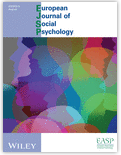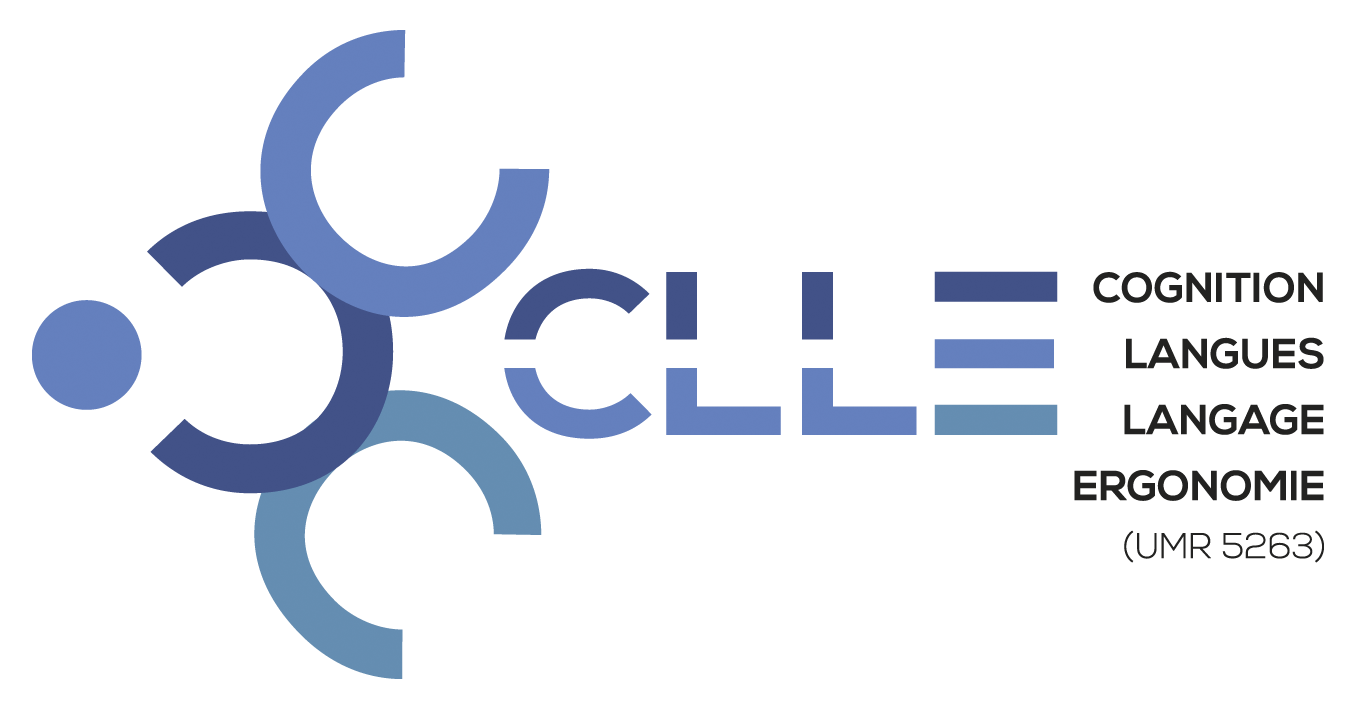-
Partager cette page
Expectation Violation and Cognitive Dissonance Theory: Proposal for an Epistemic Inconsistency Management Model
Publié le 31 août 2023 – Mis à jour le 31 août 2023
Benjamin Aubert-Teillaud, Alexandre Bran, David C. Vaidis (CLLE)
Editeur  : European Journal of Social Psychology
: European Journal of Social Psychology
Date : 16 août 2023
https://doi.org/10.1002/ejsp.2981
A crucial dilemma for any individual facing contradictory information is whether to maintain or disengage from an expectation. Cognitive dissonance theory offers an influential model of these situations. However, this theory does not provide clear predictions regarding the use of reduction strategies (methods used to resolve inconsistency) and their consequences. We propose a decision rule and parameters to model decisions faced by individuals who encounter epistemic inconsistency. Inconsistency leads individuals to assess the probabilities and costs associated with the error of disengaging from a correct expectation and the error of maintaining an incorrect expectation. Depending on these assessments, individuals opt for a reduction strategy allowing for maintenance of or disengagement from the expectation. We propose a categorization of reduction strategies derived from this process and oriented towards the explanation of expectation bolstering, contributing to the understanding of radicalization. This model offers new predictions and avenues for empirical work.
 : European Journal of Social Psychology
: European Journal of Social PsychologyDate : 16 août 2023
https://doi.org/10.1002/ejsp.2981
A crucial dilemma for any individual facing contradictory information is whether to maintain or disengage from an expectation. Cognitive dissonance theory offers an influential model of these situations. However, this theory does not provide clear predictions regarding the use of reduction strategies (methods used to resolve inconsistency) and their consequences. We propose a decision rule and parameters to model decisions faced by individuals who encounter epistemic inconsistency. Inconsistency leads individuals to assess the probabilities and costs associated with the error of disengaging from a correct expectation and the error of maintaining an incorrect expectation. Depending on these assessments, individuals opt for a reduction strategy allowing for maintenance of or disengagement from the expectation. We propose a categorization of reduction strategies derived from this process and oriented towards the explanation of expectation bolstering, contributing to the understanding of radicalization. This model offers new predictions and avenues for empirical work.
- Accueil
- Présentation
-
-
Langues et langage
- Structures LInguistiques: Modèles, Variations, usages
- OCcitan, langues Romanes, langues d’Europe : décrire, formaliser, outiller, comparer
- Didactique du français et des langues, Linguistique située, Formation des enseignants
- Discours
- Processus Langagiers & Cognitifs
- Outils Numériques : aspects cognitifs et langagiers
- Education & Apprentissage
- Multimodalité, Variation, Culture
- Cognition en Situation Complexe
-
Langues et langage





